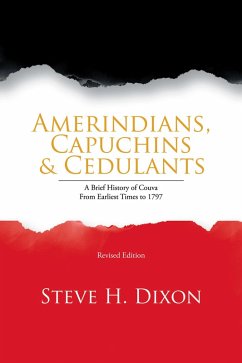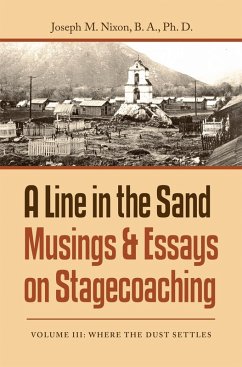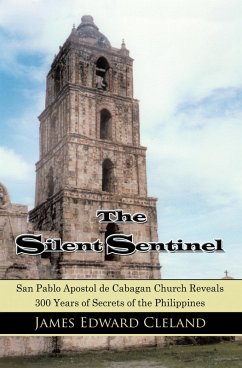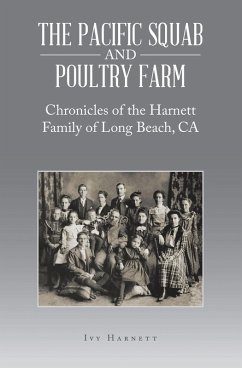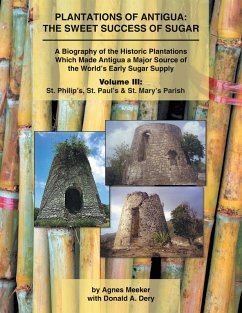Couva is a modern pulsating town in Trinidad-an island once owned by Spain-that is prosperous and sufficiently well populated. But the town wasn't always as lively and contemporary as it is today. Old Couva (i.e., Savaneta) had been settled by Amerindians who originated in South America. From being a stretch of mostly uncultivated fertile soil to being the centre of the Saint Anne's Mission and founded by Roman Catholic Capuchin missionaries in Eastern Couva in 1687 to convert the pagan Amerindians to Christianity as part of Spain's colonial policy, it emerged, after the closure of the mission, as primarily sugar plantations functioning profitably off the brutal exploitation of black slaves as labourers. Starting in the late eighteenth century, Couva was one area where the Spanish government granted land to immigrant planters to grow crops. Due to its fertile soils, the planters mostly cultivated sugarcane. Couva sprang up as a new community called Exchange Village-quite different from the Catholic mission-around St. Paul's Roman Catholic Church post-emancipation until today, when it has become Trinidad's industrial capital based on a vibrant petrochemical industry. Couva has evolved both culturally and dynamically over the years, contributing to its rich culture, history, and heritage. This brief historical account of old Couva covers pre-Columbian times through the period of Spanish rule from 1498 to 1797, the year when the British seized control of Trinidad. It examines how the above-mentioned seminal developments have had a profound impact on the socioeconomic history of Couva. It also briefly covers the renaissance of Couva as a village and its evolution into a modern town.
Dieser Download kann aus rechtlichen Gründen nur mit Rechnungsadresse in A, D ausgeliefert werden.

